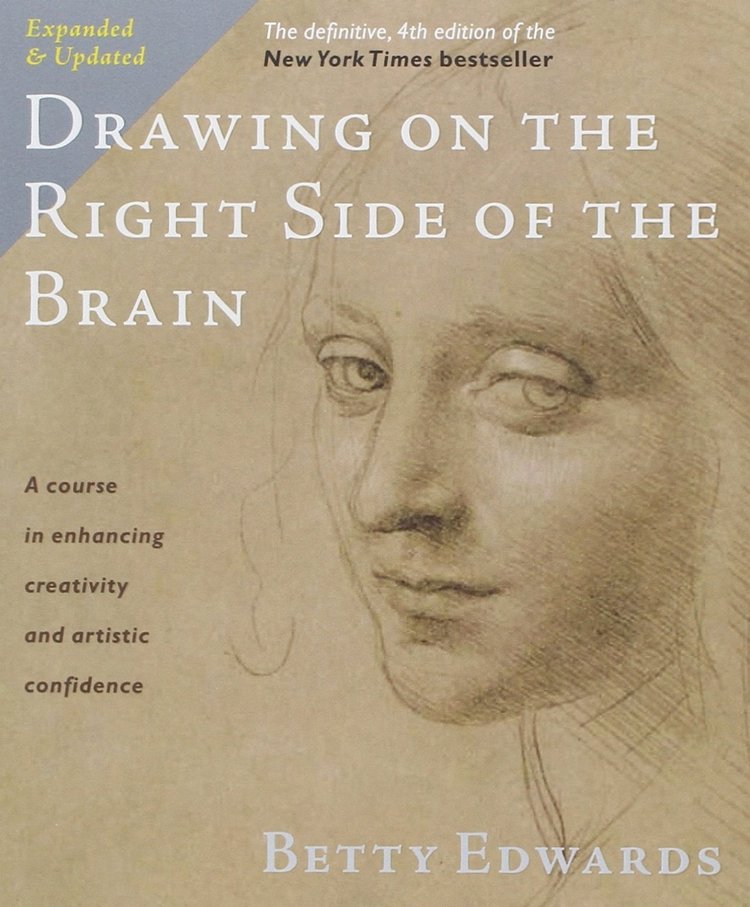I want to strongly recommend that you listen to the podcast interview of Dr. Iain McGilchrist, the renowned psychiatrist, neuroscience researcher, philosopher, and literary scholar: Click here for podcast audio and transcription.
At the moment, there are a lot of criticisms and disputes about right brain/left brain capabilities, even among scientific circles. But the fact is that as human beings, we have two ways of dealing with reality. No matter where in the brain this happens, we see, on one hand (or one side of the brain), specific step-by-step plans, processes, etc., and on the other hand (or side), we confront the whole picture. The problem is that the verbal, numerical part of the brain, the so-called “left brain,” more and more dominates our human experience. This is happening because of the left-brain emphasis throughout modern human culture, including education, which is focused almost solely on left-brain capabilities and tends to ignore the power of right-brain visual thinking.
My hope is that we will get beyond the idea that the left brain does all the work, and the right brain has all the fun. It’s not that at all! We know so much more now about the brain than we knew in the 1960s and 70s. Today, we know that we must find better ways to listen to and see what our right brain is trying to communicate to us about what is happening in our world.
I very much admire the work of Iain McGilchrist and commend to you his books and articles, including The Master and His Emissary and The Matter With Things. This is a particularly good interview on Prairie Public Radio; here is a short excerpt from Dr. McGilchrist:
“Well, you can imagine I was advised not to because there was a period in the 60s and 70s when people were enthusiastic about this. And then later in the 20th century, piece by piece of research suggested that, in fact, both hemispheres were involved in everything. And all that really shows us is that we'd answer the question ‘what the difference is’ wrongly.
In other words, it's not true that the left is a little bit boring, but highly dependable, rational, linguistic. And the right hemisphere is a little bit given to going off on a creative thing and not dependable and a bit emotional. This is not what it's about.”
…
“And what effectively I've found is that it's to do with these two kinds of attention, which are, you know, of evolutionary high importance. So, in order to get food, you need to pose a kind of targeted, narrow- beam attention to some little thing to get it. But to see the rest of the picture, including to see predators while you're getting your lunch, you don't want to become somebody else's, well then, you need another part of the brain that's doing just the opposite: looking out for the whole picture in a sustained, broad, open, vigilant way.”
~ Betty Edwards



